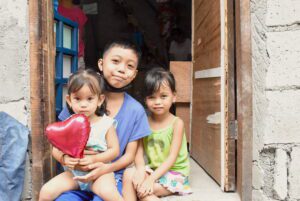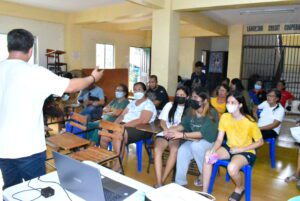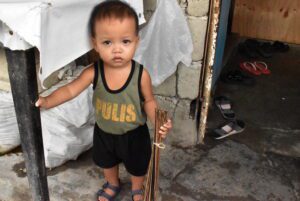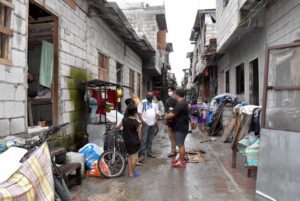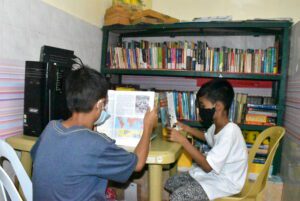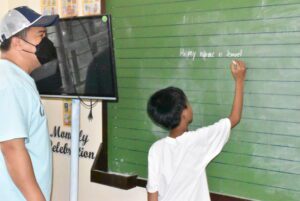Within the communities that this project targets, 50% of the population make monthly incomes under AU$270 and struggle to provide for their family’s basic nessecities. Most of these individuals have previously been unable to access formal financial services to help them get back on their feet. The lack of support makes it incredibly difficult for these families to rise out of poverty.
The children in these communities often suffer the most. Because of the widespread poverty, children are at high risk of abuse including child sex trafficking and prostitution, dropping out of school, and health issues.
According to data gathered by The World Bank, 90.9 percent of Filipino children aged 10 appear to be in a situation of learning poverty, while 90.4 percent are classified as suffering from learning deprivation.
Poverty is the leading driver of children being harmed and robbed of their education, opportunities and futures. Project HEAL works to address the key issue – poverty and by doing so more families and children can lead better lives.

The key aim of this project is to improve livelihoods by helping more vulnerable people within these communities become self-sustainable, educated, and enabled to break the poverty cycle.
How the project achieves this:
Focus 1: Establishing self-governing Community-Managed Savings and Credit Associations (CoMSCA) groups across five different poverty-stricken districts in The Philippines. These CoMSCA groups help struggling community individuals manage savings, and receive loans and limited financial insurance.
Focus 2: The project also increases the scale of outreach programs for disadvantaged youth who face obstacles to staying in school due to their financial circumstance. This is achieved through partnerships with local schools and mental health services, and by financially empowering students’ families through CoMSCA.
Focus 3: The third focus of the project is on Education in Emergency (EiE) which supports local schools to be ready as the first response shelters for the communities in the event of an emergency – many of which are severe weather conditions such as floods.
Projected Beneficiaries Count: 2,399
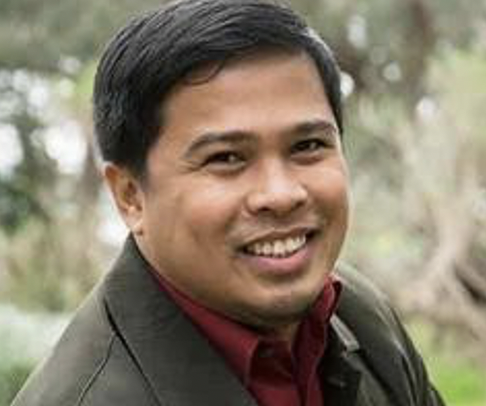
Kirk Sherwin Mariano, Vineyard Chief Executive Officer
Sherwin’s Story
“At the age of nineteen, my parents abandoned me. I became an immediate guardian to eight siblings and shouldered the entire responsibility of raising a family alone. Living in a one-room shanty and sleeping on a concrete floor with seven siblings was the norm for my family.
The cramped space and poor sanitation meant we’d spend our time outside or at school to avoid our dwelling. The hardest part for me and my siblings was the rejection we felt from our parents and people in our community.
I used to be embarrassed to share my story, now I’m excited. I believe my experience is not just about me. Through telling my story, people can see that I’m just one person, and there’s so many others who need help like I did. I am just one story.”
*INA does not have overseas offices and staff. We support, help grow, and learn from established in-country community-based partners for long term sustainability.
